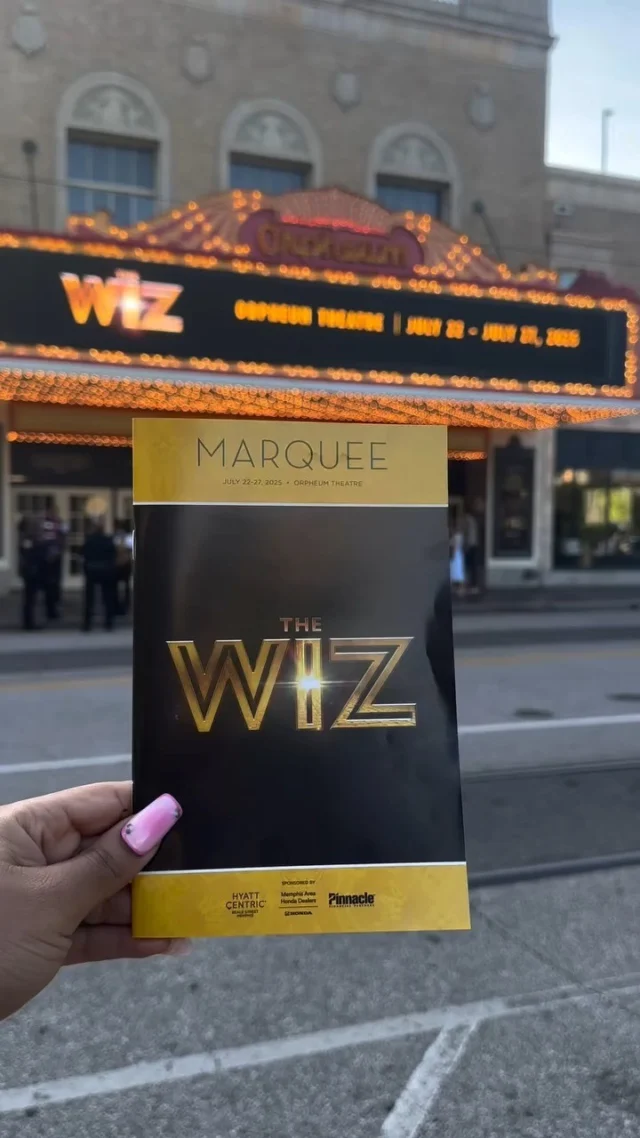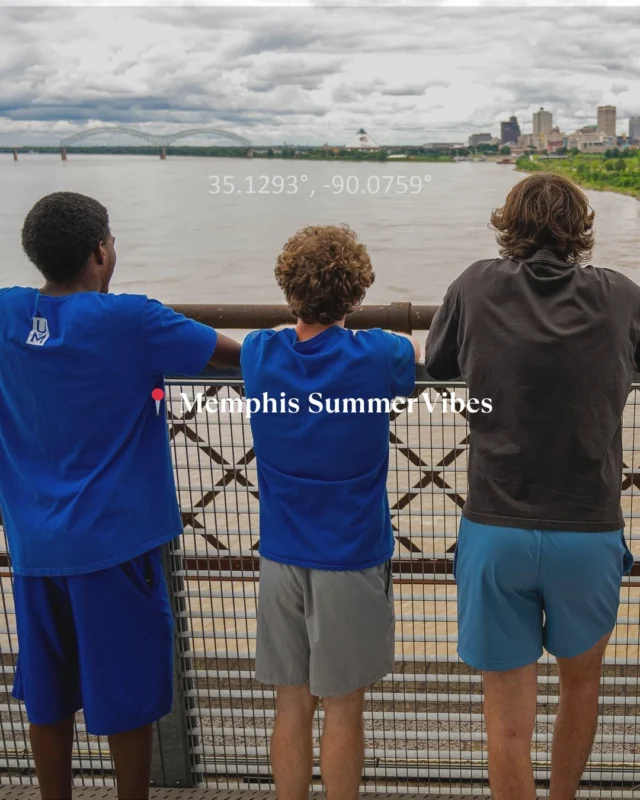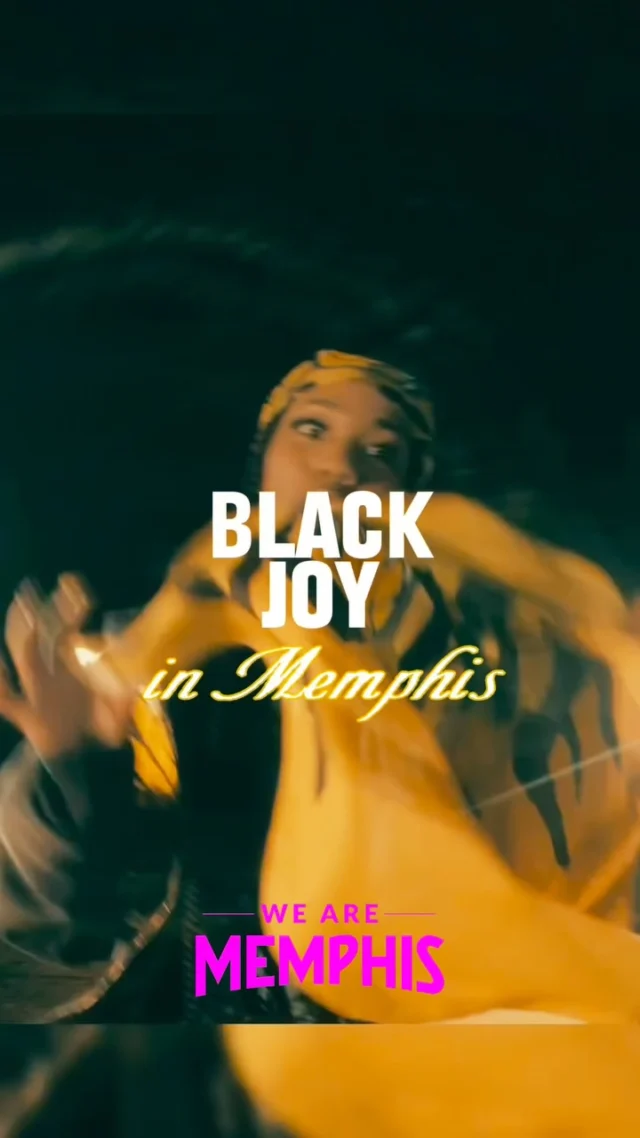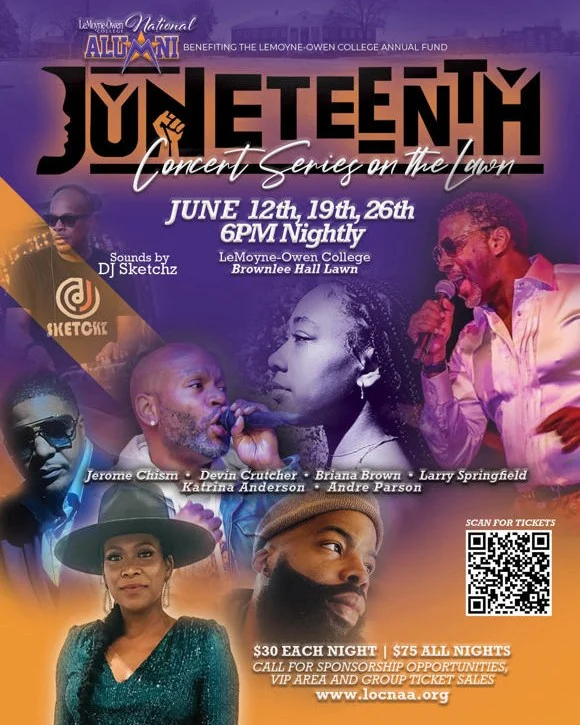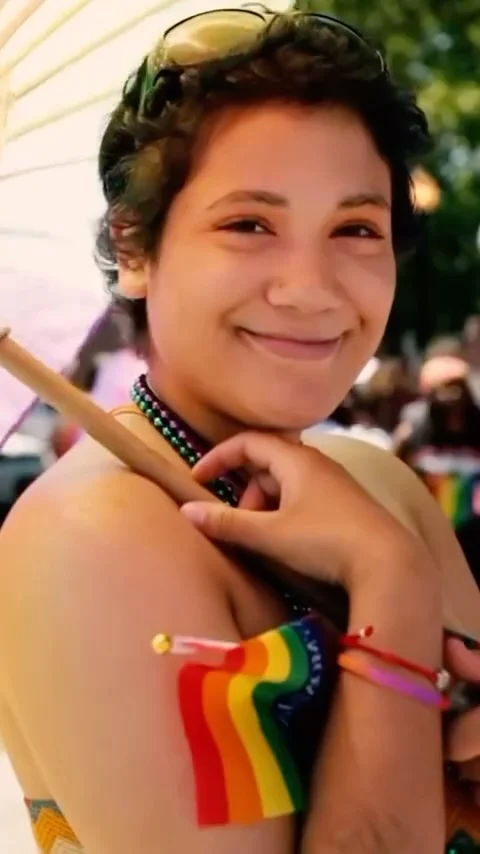Walking into Cxffeeblack Anti-Gentrification Coffee Club (AGCC) in Memphis feels like stepping into another time. Signs on the wall resemble print ads from the 1950s and ’60s, but upon closer inspection, they contain messages such as “Love Black people like you love black coffee” and “Make cxffee Black again.”
Husband-and-wife founders Bartholomew Jones and Renata Henderson have made putting Black people back into black coffee their mission, and everything about the space drives that message home. They source their coffee directly from small farms in Ethiopia. Their popular Guji Mane blend pays homage to the southern hip-hop they love (rapper Gucci Mane) and the Guji zone of Ethiopia from which coffee originates.
“We figured out that Ethiopia is where coffee came from, but when we go to coffee shops, no one looks like us,” says Renata. “We had to start telling the true story of coffee within the African diaspora in America. What does coffee look like in other countries? We wanted to be the bridge between here and there.”
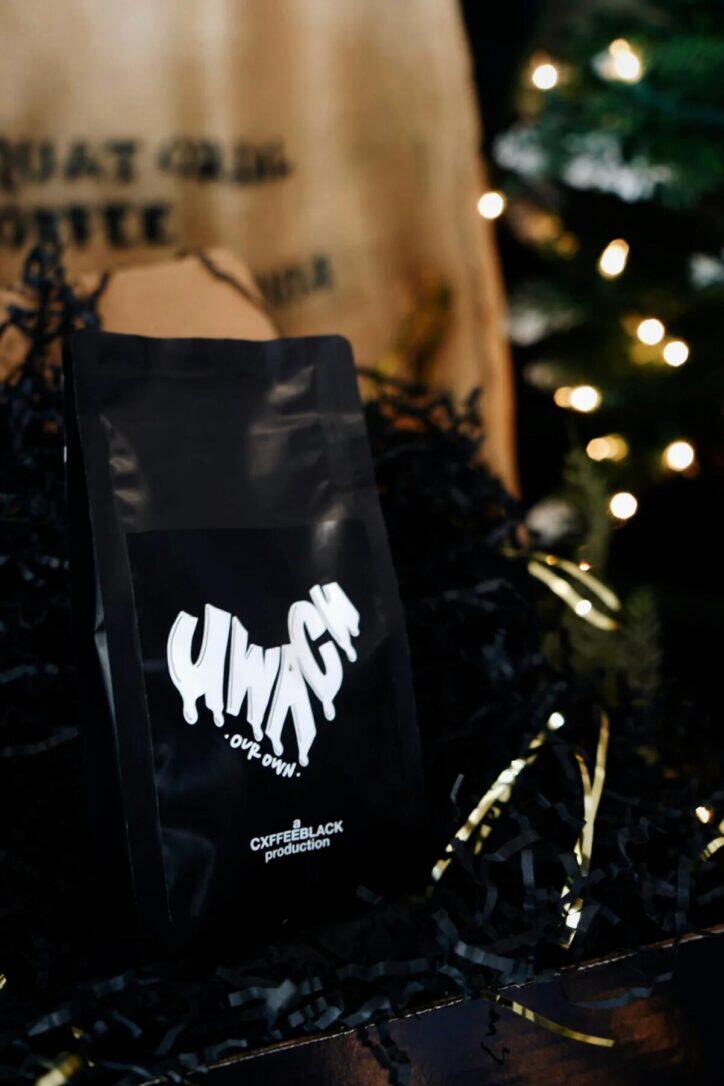
To that end, Henderson and Jones went to the Motherland, where they connected with farmers to source their beans. Since most coffee is grown outside of the U.S., importers, cuppers, roasters, and grinders could all mark up the cost of the coffee before it gets to a wholesaler where the coffee shop purchases its product.
Coffee is a multi-billion-dollar industry; however, Black and Brown people who grow coffee don’t see much of the profit. This negative connotation with the coffee industry made Henderson and Jones hesitant about opening a shop, especially since coffee shops are often warning signs of land dispossession and displacement in urban communities. However, they opened AGCC in a historically Black community and decided to double down on their investment in Memphis. Plus, everyone also gets their first cup free.
“We wanted to move into an area where people were already doing community development work, and we wanted to mentor youth in our community,” says Jones. “Prior to coffee becoming a symbol of slavery, colonization, and imperialism, it was a symbol of peace.”
Cxffeeblack’s commitment to sustainability and putting Black culture front-and-center in coffee shops is shared by Gilly Brew Bar, which has a location in Stone Mountain, Georgia, and another one opening in Atlanta’s Castleberry Hill neighborhood. The airy coffee shop is known for its seasonal espresso elixirs and one-of-a-kind drinks, such as the Brooklyn Moss, which contains ginger, lime, and matcha.
After five years in business, co-founders Daniel Brown and Nephthaly Leonidas recently received a grant from Oatly, the dairy alternative food company, to build out a LEED-certified roastery and commissary kitchen. They currently get their coffee from Firelight, a small, sustainable coffee roaster in Atlanta. However, their goal is to start roasting their coffee and sourcing their beans from the Caribbean islands where their families come from—Haiti and Jamaica, respectively.
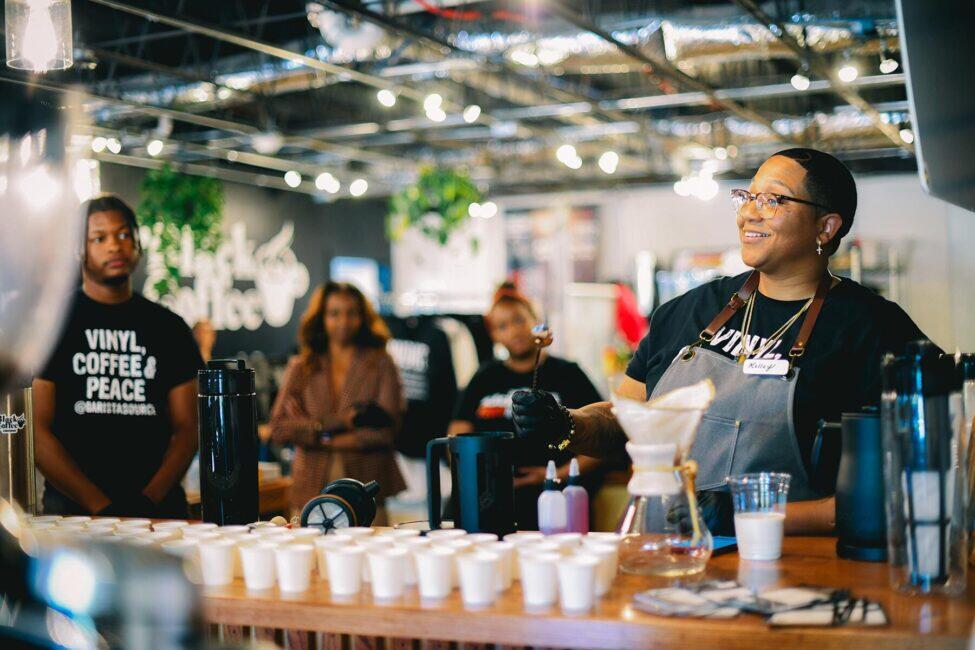
“Before I stepped into the coffee industry, my mom used to tell me about the coffee that grows on my grandfather’s land and how they picked it, roasted it, and brewed a cup in the mountains of Haiti,” said Leonidas. “I often think about the economic opportunity there is, especially in Haiti. I often think about what it means to consider the countries from which we come from.”
According to the International Coffee Organization, the U.S. consumes and imports more coffee than any other country in the world. That leaves a large carbon footprint, and the team at Gilly Brew is committed to reducing the size.
“Black and Brown communities are most impacted by climate change, so we think about how green we can be,” says Leonidas. “We also think about the supply chain, economic sustainability, and what that can do for our families and our employees. We want this to be a real career for Black and Brown baristas and roasters, which goes to our larger goal of seeing more Black and Brown leaders in the coffee industry.”
Also, in Atlanta, the founders of The Black Coffee Company are motivated by providing economic opportunities for underserved communities. Founders Leonard Lightfoot, Jamin Butler, Branden Cole, Gino Jones, and Christopher Bolden see building a business as a step toward financial freedom. Some may think that five is too many cooks in the kitchen, but for them, a shared leadership model eases the burden and reduces the risk. The men went to college together at Xavier University and started an investment club after graduation to spend more time with friends and family. They launched Black Coffee online in 2018 and opened their physical location in 2021.
Butler says the community welcomed them from the start. “The soil here is so fertile because of those who came before us,” says Butler, referring to Atlanta’s civil rights legacy. “There are visionaries who make it accessible for entrepreneurs to thrive today. Access to space, capital, and a Black developer were all easier here. In this community, it’s second nature to support a Black-owned business.”
Since opening, Lightfoot has started experimenting with roasting coffee for the shop. With their fifth anniversary coming up, they also have their eye on partnering with a local college to offer entrepreneurship education to undergraduate students. In addition, during their annual Black Coffee Fest, which will take place over Juneteenth weekend this year, they provide space for small businesses to showcase their products, and they host skill-building workshops.
“Thank God for hip hop because it made us realize we don’t have to do things they’ve always been done,” says Butler. Some of the beverages at the shop are named for southern hip-hop artists, including Killer Mike, Light Skin Keisha, and Andre 3000. “We were uniquely gifted this opportunity.”
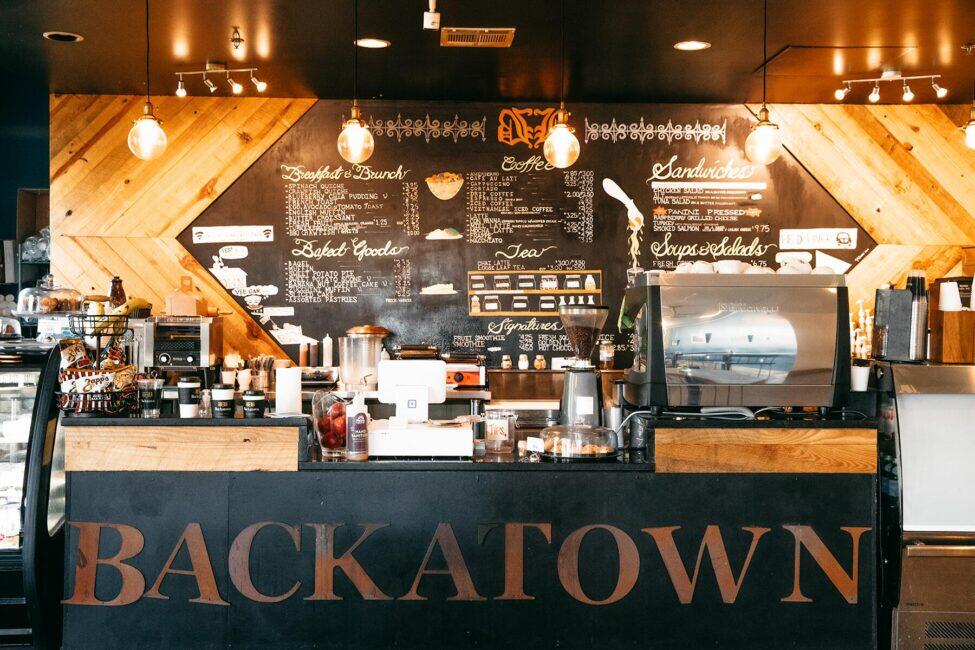
Backatown Coffee Parlour in New Orleans is all about paying it forward. Since opening in 2017, husband-and-wife team Alonzo and Jessica Knox have been thinking local. They serve coffee from BeanFruit, a black-owned roaster in Jackson, Miss., as well as a local brand, Orleans Coffee. Their extensive menu comprises family recipes, including mini sweet potato pies, red velvet cookies, raspberry grilled cheese, and more. They also hire teens from Covenant House, a non-profit that serves unhoused youth, as well as those from Liberty’s Kitchen, a youth anti-recidivism program.
“We hire from ages 16 and older,” says Jessica. “Our training is also about entrepreneurship; we incorporate all of that into their training. We give them a skill because being a barista is a skill you can take around the world.”
Located in the historic Treme neighborhood of New Orleans, the name of the coffee shop comes from the way Black people referred to their neighborhood as being the opposite of the city’s predominantly white downtown or uptown areas. The Knox family is also aware of gentrification’s impact, so they’ve made a point to sell a small cup of coffee for only $2. They also support local artists by displaying a rotating selection of art on the walls. They aim to create a place where the entire community can unite.
“Our space is representative of our idea,” says Jessica. “We have LGBTQ+, Black, and Asian employees, and more. We’ve had many people gravitate here because they could feel there’s no judgment. We make a lot of effort to ensure everyone feels welcome.”
This article was originally published at “fodors.com”
You might also be interested in: Memphis Restaurants | Best Places to Eat In Memphis Near You
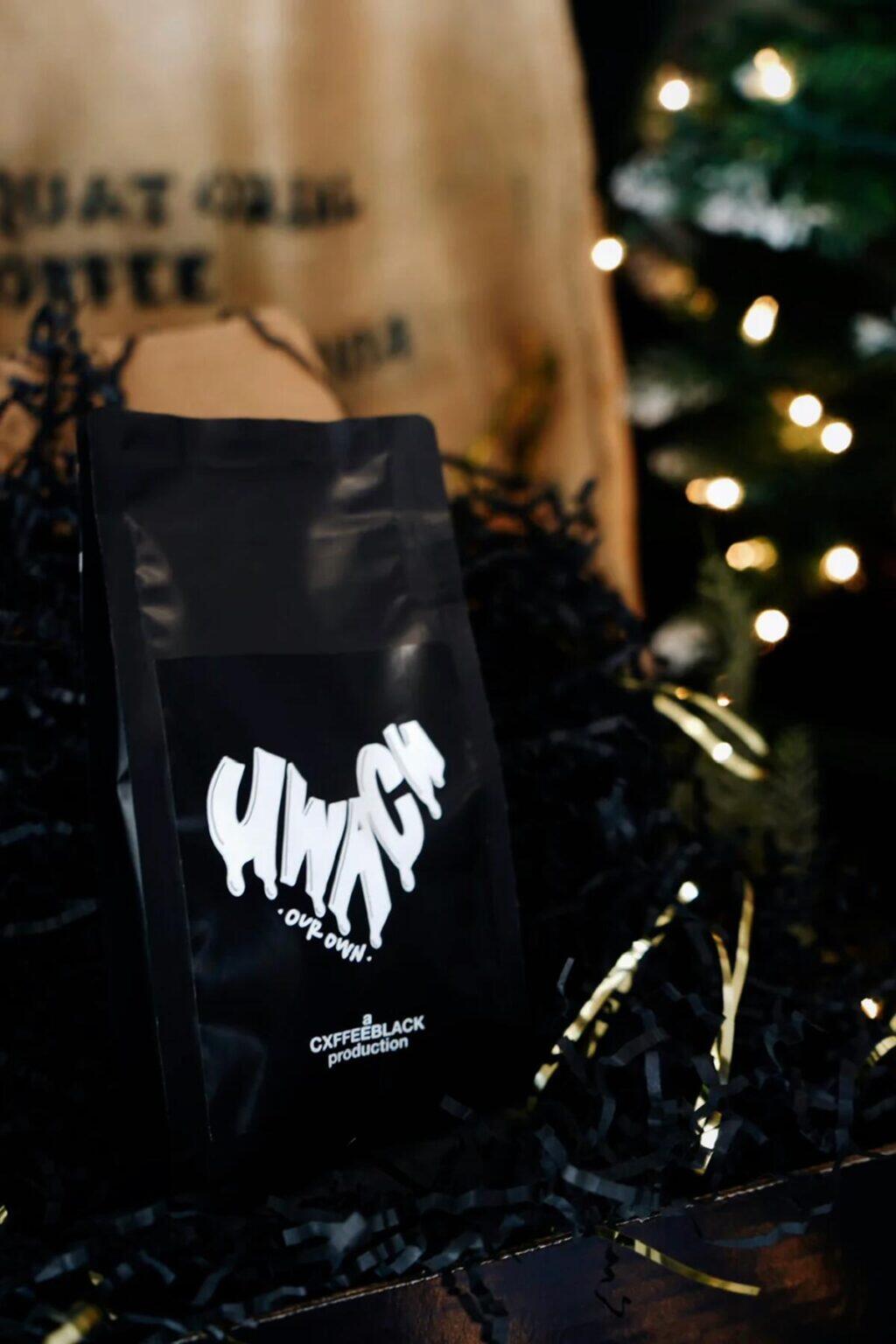



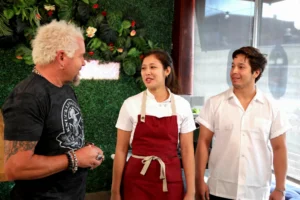


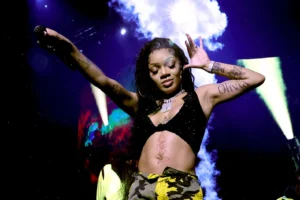
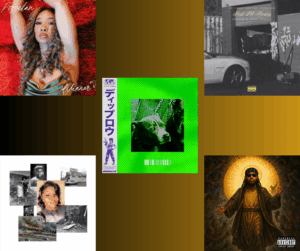


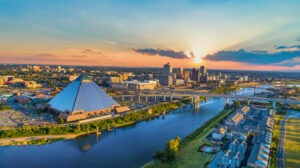

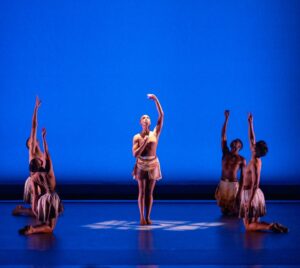
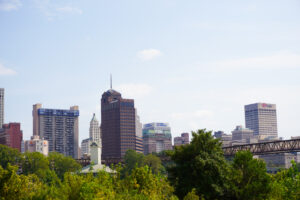

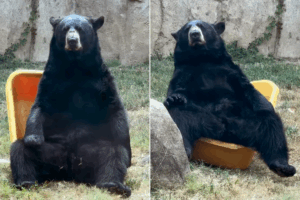
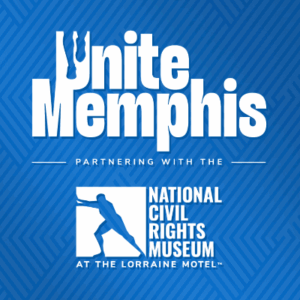
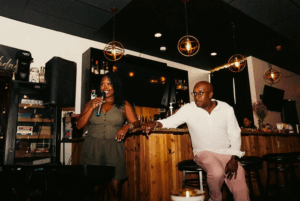
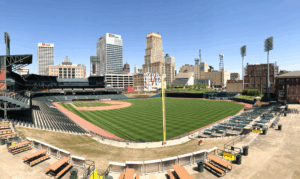


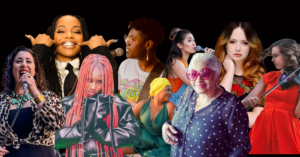
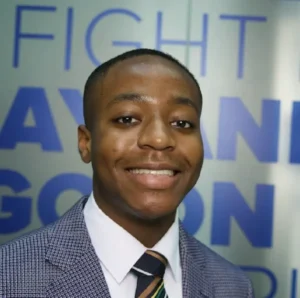
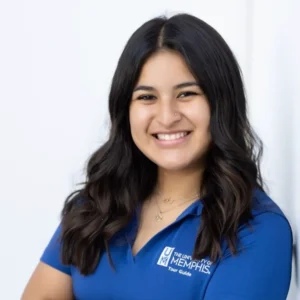

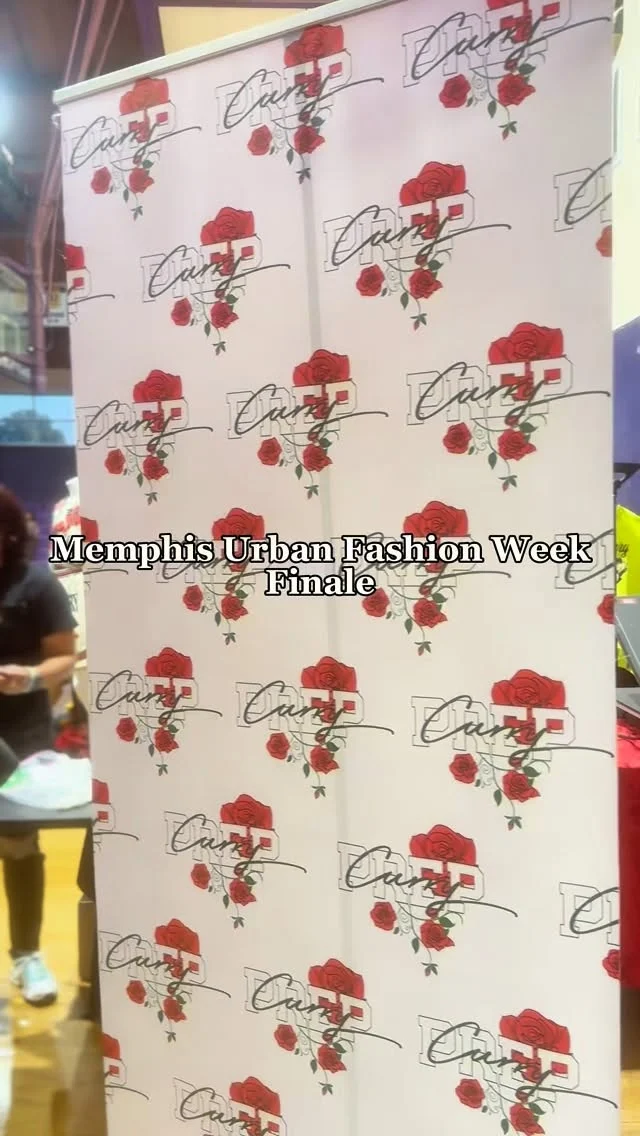
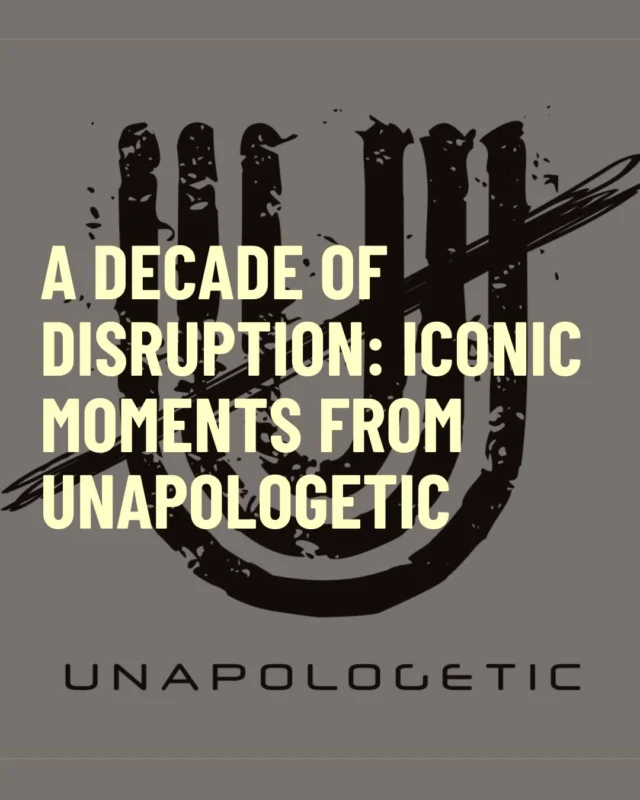


![The countdown is ON, Memphis! We’re officially 30 days out from the @unitememphis 5K + 1-Mile Walk/Run—and this year, we’re stepping into unity on 901 Day 🙌🏽
📍 Monday, September 1 | National Civil Rights Museum
🕘 Start time: 9:01AM
🎶 Food, music & fun to follow
Whether you’re walking or running, this isn’t just a race—it’s a movement. And there’s no better time to join in than now. 👟✨
🎓 COLLEGE STUDENTS: Be one of the first 100 to register using your .edu email with promo code NEXTGENUNITE and your ticket is just $10 (that’s a $32 savings 👀). Limit 2 per person, so tell a friend!
Let’s walk. Let’s run.
Let’s #UniteMemphis 💛
🔗 [link in bio]](https://wearememphis.com/wp-content/uploads/sb-instagram-feed-images/526805187_18335272954206022_6056852028660485499_nfull.webp)
